On the morning of May 18, a national conference was held to disseminate and implement Resolution No. 68-NQ/TW and Resolution No. 66-NQ/TW of the Politburo on innovating law-making and enforcement to meet the requirements of national development in the new era.
Many people have compared running a business to driving a car. Everyone wants their car to go as far and as fast as possible, but safety cannot be ignored. Very few people dare to go fast if they might receive a "fine" the next day. In other words, businessmen and businesses need smooth, open roads, but they also need clear, transparent and consistent "traffic laws". The above resolutions are not only words of encouragement and motivation, but also a strong political commitment, institutionalized to protect the maximum interests of businessmen and businesses; at the same time, ensuring fairness in access to and use of capital resources, land, resources, technology, human resources, data, etc.
Focusing on developing the private economy is to contribute to building an economy that not only develops in quantity but also in quality - an economy where all components have a place, are respected and have their values promoted in a close and harmonious connection. In his speech at the conference to disseminate and implement the two resolutions on the morning of May 18, General Secretary To Lam emphasized a suggestive and profound image, requiring the private economy to go hand in hand with other economic components, "forming a solid "tripod" for an independent, autonomous and successfully integrated economy".
In fact, the separation between economic sectors is still one of the main reasons holding back development. While state-owned enterprises (SOEs) hold key sectors such as energy, telecommunications, and infrastructure; foreign-invested enterprises (FDI) focus on production and export; private enterprises often only play a “supporting” role, rarely participating deeply in high value-added stages in the global supply chain.
For state-owned enterprises, the subsidy mindset, excessive administrative intervention and the “holding” of many areas that the private sector can do better have made the performance not commensurate with the investment resources. Complicated and inflexible legal regulations also limit the innovation capacity of state-owned enterprises, leading to the paradox that “state-owned enterprises want to be like private enterprises, while private enterprises... want to be like state-owned enterprises” as a National Assembly delegate once said in the parliament.
In other words, SOEs also need to be given greater autonomy, reduce administrative constraints and focus on areas where the private sector cannot or does not want to participate. At the same time, it is necessary to soon establish cooperation models between SOEs and private enterprises. In 2021, Viettel cooperated with private enterprises in the supply chain, from component manufacturing, software development to providing technical solutions... to develop the 5G network project. This is a typical example of the synergy of capabilities between components.
Similarly, it is necessary to encourage the development of cooperative relations between the FDI sector and private enterprises based on the principles of harmonizing interests, sharing responsibilities and risks; there needs to be policies to direct FDI capital flows into high-tech sectors, creating large added value and promoting linkages and technology transfer to domestic enterprises... To achieve this goal, it is necessary to change the investment incentive regime for FDI enterprises according to operational results, investment attraction goals with clear and specific targets and criteria, avoiding "leveling" incentives.
The target of 8% GDP growth by 2025 and a double-digit breakthrough in the following years requires outstanding efforts from the entire political system, the business community and the whole society. The recently issued resolutions have laid an important foundation, affirming the core driving role of the private economy. However, to turn this vision into reality, the key lies in creating and promoting the combined strength from the effective linkage between all three "tripods": the state economy, the private economy and the FDI economic sector. The economy will develop more sustainably when all three "tripods" are stable, have a worthy position and all aim towards the common goal of developing a strong nation and a prosperous people's life.
Dr. Nguyen Dinh Cung, Former Director of the Central Institute for Economic Management
Source: https://www.sggp.org.vn/kieng-3-chan-trong-nen-kinh-te-post795981.html




![[Infographic] Notable numbers after 3 months of "reorganizing the country"](https://vphoto.vietnam.vn/thumb/1200x675/vietnam/resource/IMAGE/2025/10/4/ce8bb72c722348e09e942d04f0dd9729)
![[Photo] Students of Binh Minh Primary School enjoy the full moon festival, receiving the joys of childhood](https://vphoto.vietnam.vn/thumb/1200x675/vietnam/resource/IMAGE/2025/10/3/8cf8abef22fe4471be400a818912cb85)
![[Photo] Prime Minister Pham Minh Chinh chairs meeting to deploy overcoming consequences of storm No. 10](https://vphoto.vietnam.vn/thumb/1200x675/vietnam/resource/IMAGE/2025/10/3/544f420dcc844463898fcbef46247d16)

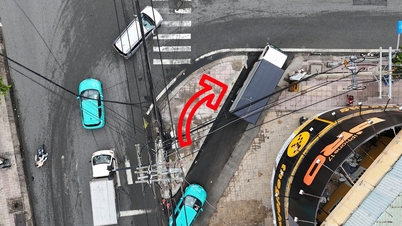
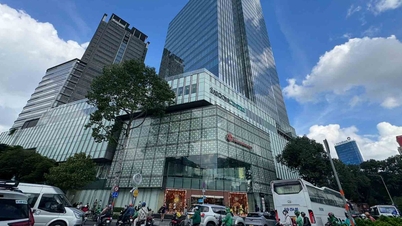
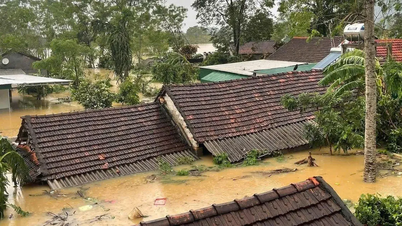
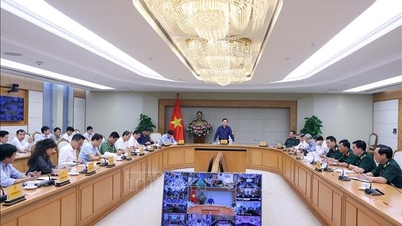


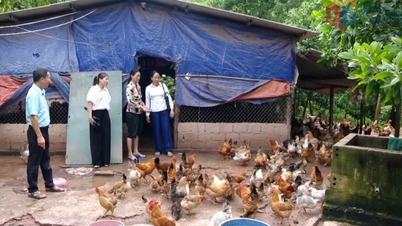





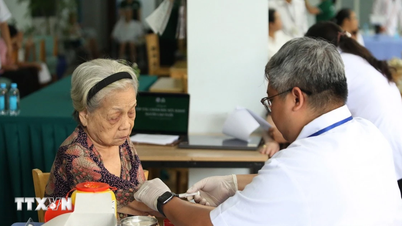
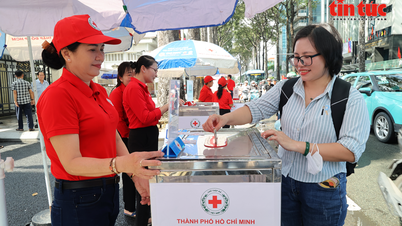

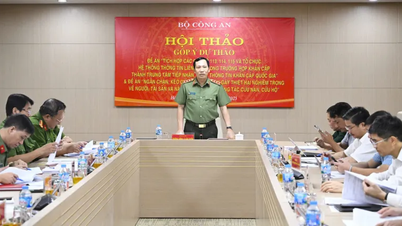
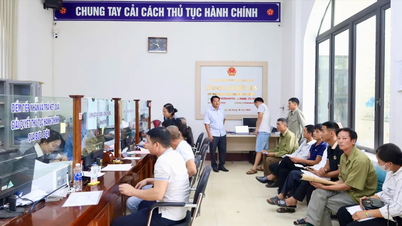
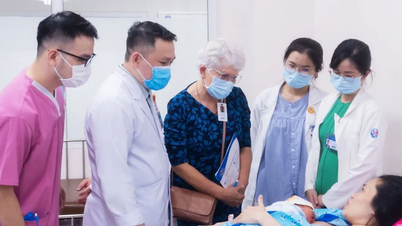


































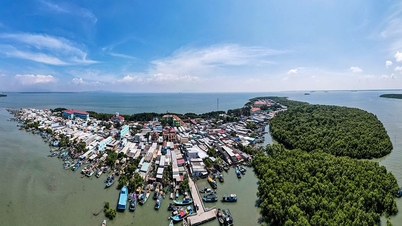
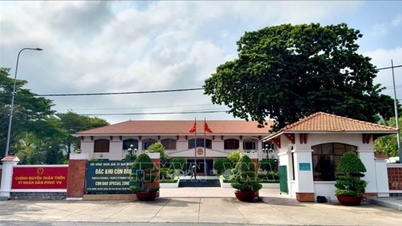

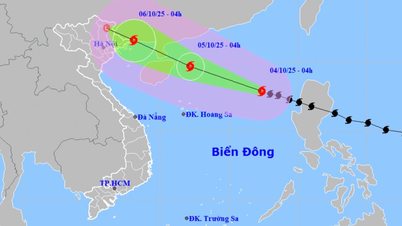

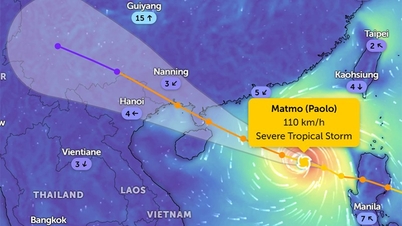


![[Infographic] Notable numbers after 3 months of "reorganizing the country"](https://vphoto.vietnam.vn/thumb/402x226/vietnam/resource/IMAGE/2025/10/4/ce8bb72c722348e09e942d04f0dd9729)









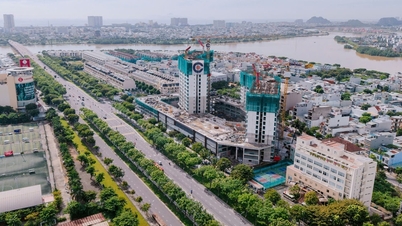

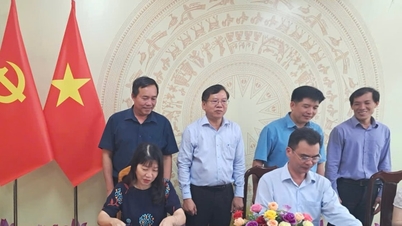

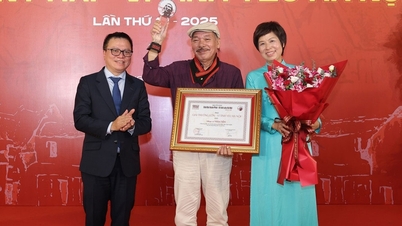
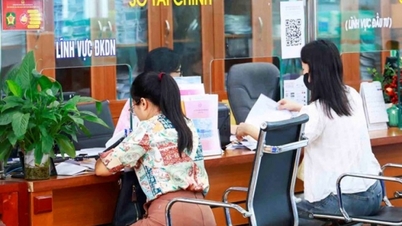















Comment (0)